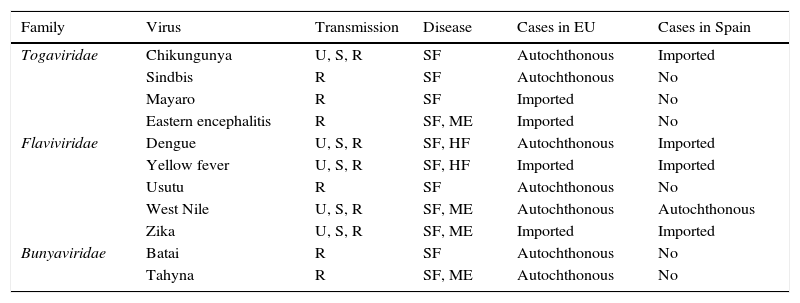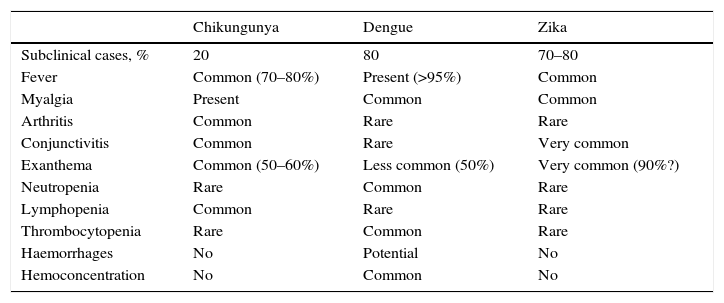Zika virus belongs to the Flaviridae, an extended phylogenetic family containing dengue or yellow fever, viruses whose shared main vector are Aedes aegypti mosquitoes. The virus originally came from Central African simian reservoirs and, from there, expanded rapidly across the Pacific to South America. The disease is an example of exantematic fever usually mild. Mortality is very low and mainly limited to secondary Guillain–Barré or foetal microcephaly cases.
Diagnostic confirmation requires a RT-PCR in blood up to the 5th day from the onset or in urine up to the 10–14th day. Specific IgM are identifiable from the 5th symptomatic day. Clinically, a suspected case should comply with: (a) a journey to epidemic areas; (b) a clinically compatible appearance with fever and skin rash, and (c) a generally normal blood count/basic biochemistry.
There is some evidence that causally relates Zika virus infection with foetal microcephaly. While waiting for definitive data, all pregnant women coming from Central or South America should be tested for Zika virus.
El virus Zika es un Flavivirus filogenéticamente cercano al de la fiebre amarilla o del dengue, cuyo vector principal es el mosquito Aedes aegypti. El virus procede de un reservorio simiano africano y ha protagonizado una expansión fulminante a través del Pacífico hasta Sudamérica. Provoca una enfermedad leve caracterizada por fiebre con exantema. La mortalidad se circunscribe a casos de Guillain-Barré y de malformación encefálica fetal con microcefalia.
Un caso sospechoso será aquel con: a) antecedente epidemiológico de desplazamiento a zona endémica; b) cuadro pseudogripal con exantema, y c) hemograma/bioquímica levemente alteradas o normales.
La confirmación diagnóstica requiere identificar al virus por RT-PCR en sangre (hasta el quinto día sintomático), orina (hasta el día 10-14) o IgM específicas a partir del quinto día. Existe alguna evidencia que da soporte a la relación causa-efecto con la microcefalia fetal. A la espera de datos definitivos, las mujeres embarazadas procedentes de Centro y Sudamérica deben ser testadas para descartar la infección.










